There is a special mechanism to quickly deploy the construction of nuclear power plants.
Speaking to explain some contents of the draft Law on Atomic Energy (amended) on the morning of May 15, Minister Nguyen Manh Hung emphasized that nuclear power is considered green and base electricity. According to the general international trend, nuclear power will account for about 10-30% of the total national energy supply.
This is also the strategy of countries aiming towards energy self-sufficiency, carbon neutrality and repositioning national technology.
 |
Minister of Science and Technology Nguyen Manh Hung. (Photo: BUI GIANG) |
The Minister stated that through this Law project, Vietnam will move towards mastering nuclear energy technology for socio -economic development, gradually forming a nuclear industry including nuclear power plants and developing nuclear reactors to serve research and radiation application; developing domestic potential in nuclear technology, manufacturing equipment to serve the development of nuclear energy applications, radiation monitoring, safety assessment and appraisal.
According to the leader of the Ministry of Science and Technology , in the strategy on building localization capacity in the first phase, priority is given to manufacturing capacity and equipment serving the development of atomic energy applications, radiation monitoring, safety assessment and appraisal, and then moving towards the capacity to localize nuclear technology in Vietnam.
Regarding the construction of nuclear power plants, Minister Nguyen Manh Hung said the draft Law allows the use of special mechanisms for quick implementation such as applying designated bidding; using international standards, seller standards and expenses for appraisal and training.
At the same time, manage nuclear radiation safety throughout the entire life cycle through many stages of the nuclear plant, from site selection, feasibility study to the final stages of shutdown, post-closure of the nuclear power plant. All stages have nuclear radiation safety assessments that qualify them to continue with the following stages.
The draft Law also designs a separate chapter on nuclear facility safety and security; a separate chapter on nuclear power plants, in which regular monitoring activities of nuclear radiation safety management agencies are maintained throughout the plant's life cycle; measures and capacity for incident response are developed, and a culture of nuclear safety and security is developed.
According to the draft Law, the State will have a policy to strongly develop nuclear energy applications for civil purposes, classify the risk level of radiation impacts on humans and the environment to appropriately socialize applications, promote the application of the latest achievements in nuclear energy applications to serve the people and socio-economic development. Encourage enterprises to participate in research and development of technology and industry in the field of nuclear energy to reduce the investment burden from the State budget.
At the same time, according to the draft Law, the State will also have a program to train, foster and develop human resources in the field of nuclear energy, have preferential policies to employ domestic and foreign experts, and have preferential policies and support for people who are sent for training in the field of energy and nuclear energy.
Proposal to supplement expanded responsibilities of organizations and individuals generating radioactive waste
Previously, during the discussion session in the hall about the draft Law on Atomic Energy (amended), regarding the principles of managing radioactive waste, radioactive sources, and spent nuclear fuel, delegate Nguyen Tam Hung (Ba Ria-Vung Tau delegation) suggested that the Drafting Committee consider adding a principle on the expanded responsibility of organizations and individuals generating radioactive waste.
 |
Delegate Nguyen Tam Hung (Ba Ria-Vung Tau delegation). (Photo: BUI GIANG) |
According to the delegate, this content should clearly show that organizations and individuals must be responsible for the waste they create, even in cases of transferring it to a third party. Because the reality of many countries shows that if there is no regulation on responsibility, it will lead to shirking responsibility or leaving the burden on the State to deal with environmental consequences. Especially in cases where businesses dissolve, go bankrupt or deliberately shirk their obligations.
Regarding the responsibility of organizations and individuals generating radioactive waste and used radioactive sources, the delegate said that the draft Law needs to clearly stipulate that before being granted a license to conduct radiation work, organizations and individuals must present a plan for handling radioactive waste. “Controlling waste right from the licensing stage will help the State be proactive in management and early risk prevention; at the same time, it will force the entity using radioactive sources to be fully responsible for their activities, avoiding the situation of generating waste without a specific treatment plan,” the delegate emphasized.
Regarding the responsibilities of facilities managing radioactive waste and used radioactive sources, delegate Hung suggested that the drafting agency consider clearly defining criteria for selecting locations for construction of facilities managing used radioactive waste. Accordingly, not only must technical standards be complied with, but there must also be a social impact assessment with the consensus of the community in the affected area.
Regarding the export of radioactive waste and used radioactive sources, delegates proposed adding mandatory requirements for assessing the possibility of recovery in case the importing country violates its commitments. The delegates explained that in the context of international fluctuations, it is not impossible that the country receiving the waste will change its policies or lose control, causing legal and environmental risks for Vietnam if there is no recovery mechanism.
Attracting and retaining high quality human resources in the nuclear energy sector
Regarding the development of nuclear energy human resources, delegate Thach Phuoc Binh (Tra Vinh delegation) said that the new draft Law stops at the orientation of preferential policies for human resource training and has not yet provided a specific and strong enough mechanism to support attracting and retaining high-quality human resources while this is one of the key factors determining the success or failure of the nuclear energy development strategy.
 |
Delegate Thach Phuoc Binh (Tra Vinh delegation). (Photo: BUI GIANG) |
The delegates made some specific recommendations on this issue. First of all, regarding the domestic and foreign training scholarship policy, students majoring in Atomic Energy at designated institutions are granted full scholarships including tuition, living expenses, fees and support for practical research materials.
In addition, students graduating with honors or higher in Atomic Energy major should be given priority for admission to state management agencies such as Research Institutes and Nuclear Power Plants, with a maximum admission period of 30 days from the date of application submission.
According to the delegate, regarding attracting international experts, there should be regulations that the State encourages the signing of short-term and long-term expert contracts with international scientists, lecturers, and engineers in the field of atomic energy. These experts are exempt from personal income tax for the first 3 years of working in Vietnam.
“The specificity of the nuclear energy sector requires a team of well-trained, long-term, highly responsible personnel. Our country still lacks a team of leading experts in this field, so there needs to be a mechanism to attract both domestic and international human resources. A financial incentive mechanism combined with a commitment to post-training service is a model that has proven effective in strategic sectors such as aviation, nuclear medicine, and automatic control,” delegate Thach Phuoc Binh stated.
Source: https://nhandan.vn/bo-truong-nguyen-manh-hung-viet-nam-tien-toi-lam-chu-cong-nghe-nang-luong-nhat-nhan-post879861.html




![[Photo] General Secretary To Lam visits exhibition of achievements in private economic development](https://vphoto.vietnam.vn/thumb/1200x675/vietnam/resource/IMAGE/2025/5/18/1809dc545f214a86911fe2d2d0fde2e8)

![[Photo] Ready for the top competitions of Vietnamese table tennis](https://vphoto.vietnam.vn/thumb/1200x675/vietnam/resource/IMAGE/2025/5/18/9c547c497c5a4ade8f98c8e7d44f5a41)

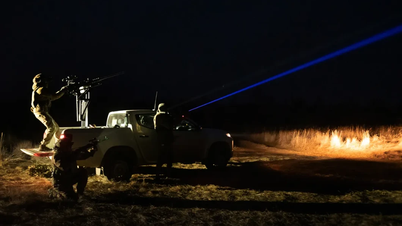


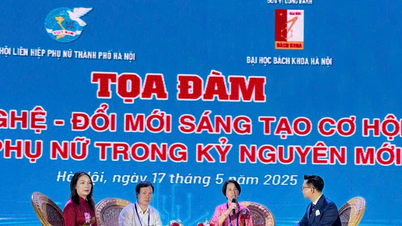



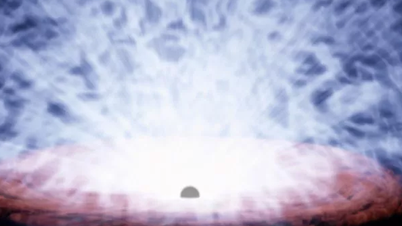





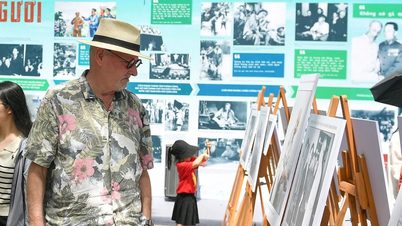
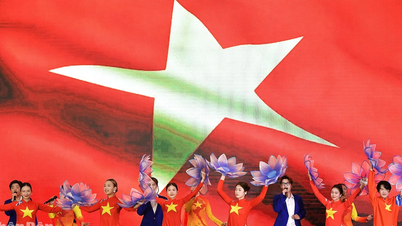
![[Photo] Ready for the top competitions of Vietnamese table tennis](https://vphoto.vietnam.vn/thumb/402x226/vietnam/resource/IMAGE/2025/5/18/9c547c497c5a4ade8f98c8e7d44f5a41)
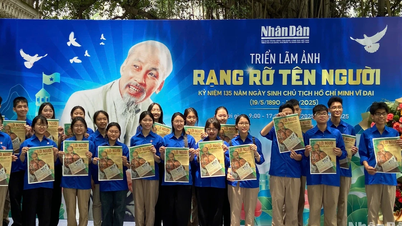
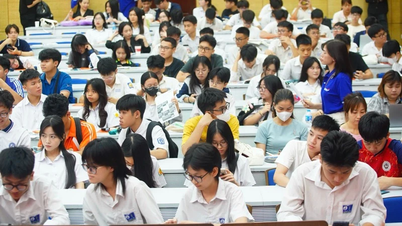
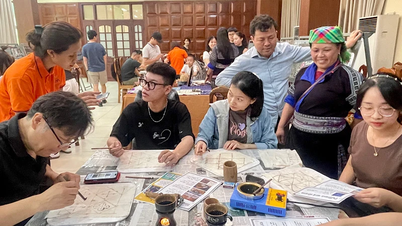
![[Photo] National conference to disseminate and implement Resolution No. 66-NQ/TW and Resolution No. 68-NQ/TW of the Politburo](https://vphoto.vietnam.vn/thumb/1200x675/vietnam/resource/IMAGE/2025/5/18/adf666b9303a4213998b395b05234b6a)


















































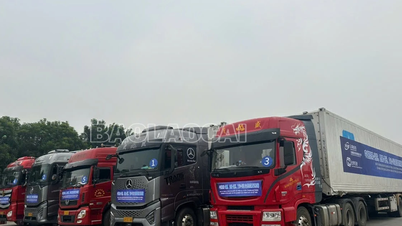


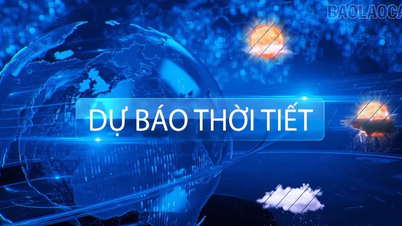
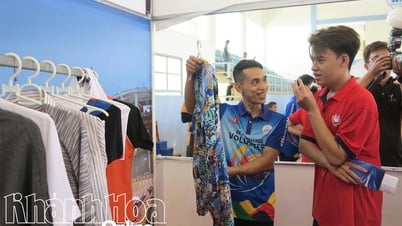










Comment (0)